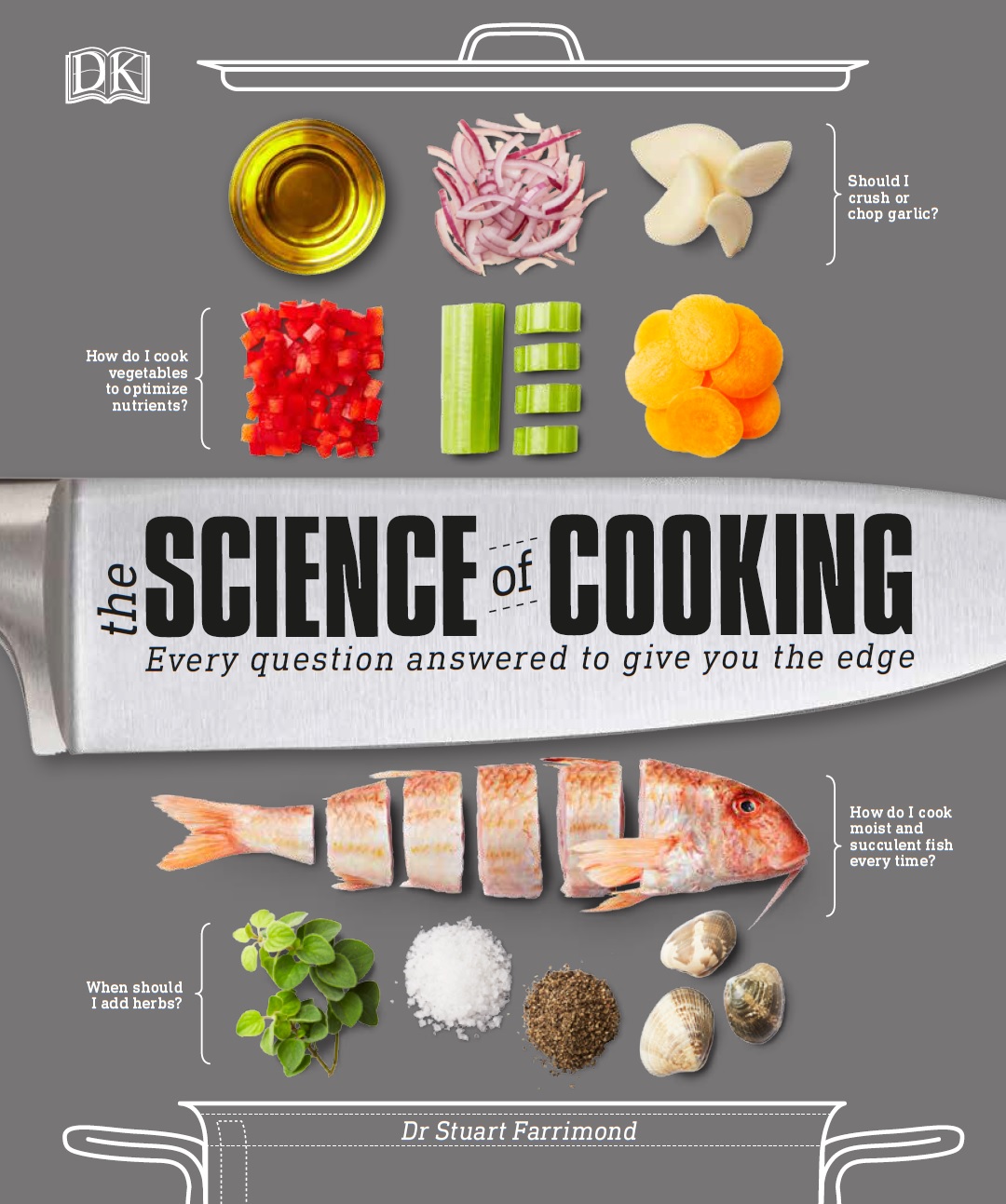
Source: Ofsted
Teaching is an incredible privilege. It’s hard to underestimate the importance of inspiring and motivating young people – helping them achieve and grow. It was therefore more than a little surprising when Sir Michael Wilshaw, head of the UK schools inspectorate Ofsted, started a finger-wagging tirade accusing teachers of being shirking whiners.
“You youngsters don’t know you’ve been born!” Teachers today surely don’t know what stress is – real stress, he lambasted. “Why, when I was a teacher, I had to walk to work in the wind, rain and snow…” Ok, he didn’t say that, but it was close. Rather than face up to their responsibilities, he says that bad teachers blame ‘stress’ and blame everyone else for their problems.
As an ex-hospital doctor, I can say with some authority that teaching is far from stress-free. But personal experiences and emotions aside, has Sir Michael Wilshaw made some important – if uncomfortable - points? Let us take a, hopefully unbiased, look at his actual statements and whether or not they are justified…
Sir Michael Wilshaw’s rant in full:
“Let me tell you about stress. Stress is what my father felt, who struggled to find a job in the Fifties and Sixties and who often had to work long hours in three different jobs and at weekends to support a growing family.
“Stress is, I’m sure, what many of the million-and-a-half unemployed young people today feel – unable to get a job because they’ve had a poor experience of school and lack the necessary skills and qualifications to find employment.”
He added: “Stress is what I was under when I started as a head in 1985 in the context of widespread industrial action. Teachers walking out of class at a moment’s notice, doing lunch duty on my own every day for three years because of colleagues who worked to rule, covering five classes in the sports hall when there was no one to teach them.”
Put simply – ‘failing teachers’ should stop complaining about stress.
From medicine to teaching: my experiences
Sure, teaching doesn’t compare to the demands of working nightshifts as junior doctor. Teaching has no life-and-death dilemmas, no bleeper to summon you to an emergency and no 8 am ward rounds to attend after two hours sleep. And yet I have experienced different kinds of stresses in teaching: The emotional drain of having a slavishly planned lesson rubbished by students, who rather play with their phones than learn; the fear that an inspector can walk in at any moment – the results of which could threaten my job, and the distress of seeing bright, hopeful teenagers fail to realise their potential because of dysfunctional and unsupportive parents.
News reports indicate that up to 80% of teachers complain about stress at work, and many quit as a result. Perhaps though, we should all get things in perspective…
Sir Michael Wilshaw’s Claims
1: The real reasons for stress
“Let me tell you about stress. Stress is what my father felt, who struggled to find a job in the Fifties and Sixties and who often had to work long hours in three different jobs and at weekends to support a growing family.
There is no denying Sir Michael is right. Long hours and financial pressures are well-established causes of anxiety and depression. Time and again, research has shown that factors have a significant toll and impact on an individual’s ability to cope and, if prolonged, may result in the phenomenon known as ‘burnout’.
Yes, Michael you are absolutely right. Your father certainly experienced and knew the meaning of what we now term personal and work-related stress.
2: Unemployment and lack of job prospects is stressful
“Stress is, I’m sure, what many of the million-and-a-half unemployed young people today feel – unable to get a job because they’ve had a poor experience of school and lack the necessary skills and qualifications to find employment.”
Comparisons to the degree of stress faced by the employed and the unemployed have been investigated. Published research from 2001 showed a statistically significant greater stress by those out of work than those in work. Clearly, a lack of qualifications and skills makes getting a job all the more difficult and will further perpetuate a life of heightened anxiety. So yes, Michael you are again correct.
However, one thing that our esteemed knight has failed to explore is the psychological burden of working when your job is at risk. The same research mentioned above also showed that living with the threat of getting fired is more stressful than either being unemployed or being employed. From a mental health perspective, it would be far better to be sacked than to live in the fear of losing your job.
In the present economic climate, I doubt whether there are many teachers in the UK who have not had to deal with job insecurity in the last couple of years; if not from funding cuts, then from Ofsted observation results. Whether Sir Michael experienced these particular stresses, you’d have to ask him – because he didn’t mention them.
3: ‘I had it much harder than you’
“Stress is what I was under when I started as a head in 1985 in the context of widespread industrial action. Teachers walking out of class at a moment’s notice, doing lunch duty on my own every day for three years because of colleagues who worked to rule, covering five classes in the sports hall when there was no one to teach them.”
 National, government funded surveys have identified that teaching is one of the most stressful occupations. Findings from the Office for National Statistics classify it as a ‘high risk’ vocation for mental health disorders. That said, Michael Wilshaw’s current job as head of a large organisation pips teaching to the post in the high-stress league table (22% of large organisation managers suffering neurotic health conditions compared to 16% for teachers). I have no doubt that with his highly demanding job, he is fed up with others complaining and is airing his angst – in the same way a teachers can get frustrated by complaining students.
National, government funded surveys have identified that teaching is one of the most stressful occupations. Findings from the Office for National Statistics classify it as a ‘high risk’ vocation for mental health disorders. That said, Michael Wilshaw’s current job as head of a large organisation pips teaching to the post in the high-stress league table (22% of large organisation managers suffering neurotic health conditions compared to 16% for teachers). I have no doubt that with his highly demanding job, he is fed up with others complaining and is airing his angst – in the same way a teachers can get frustrated by complaining students.
But are things better now that they used to be? Long-term research investigating the changing workplace demands of teaching is difficult to come by. However, the official data (from the Health and Safety Executive) makes the particular point that teaching is one of the few professions with marked increases in work-related stress in the last three years. (all the references are at the bottom)
Teaching today is different
21st Century teaching faces challenges different to the 1980s: students perpetually distracted by smartphones and worried about Facebook cyber-bulling, for example. Violence and youth ‘knife-culture’ is in the conscience of today’s teacher in a way that it probably wasn’t in the 1980s. Some also claim that today’s technology-orientated culture has reduced children’s ability to maintain concentration and juvenile energy-drink consumption contributes to unruly classroom behaviours. That said, the scientific jury is still out as to whether these are actually having a real effect.
 When I worked as a hospital doctor I was very well acquainted with consultants who lauded over junior doctors – “you don’t have it as hard as I did”. They indeed worked longer shifts than we did, but they also received perks and reprieves that modern doctors don’t. Fortunately these uncompassionate dinosaurs are a dying breed. Teaching, much like medicine, is undeniably different today than it was twenty years ago. A drect comparison is not possible and so Sir Michael personal anecdotes are unprovable.
When I worked as a hospital doctor I was very well acquainted with consultants who lauded over junior doctors – “you don’t have it as hard as I did”. They indeed worked longer shifts than we did, but they also received perks and reprieves that modern doctors don’t. Fortunately these uncompassionate dinosaurs are a dying breed. Teaching, much like medicine, is undeniably different today than it was twenty years ago. A drect comparison is not possible and so Sir Michael personal anecdotes are unprovable.
To sum up, Sir Michael Wilshaw’s statements will have done nothing to motivate or inspire teachers – something we teachers aspire to do for our students. If teachers spoke to students in this way, it would undermine trust and the precious teacher-student relationship. Furthermore, had any teacher addressed a student like this in an Ofsted observed lesson, they would be rightly graded ‘unsatisfactory’.
However, some of Michael’s sentiments may be fair, and sometimes it can be good to be reminded that things could be much worse - we are grown-ups after all. But a degree of empathy and diplomacy never goes a miss. Then again, perhaps they never taught him that when he was at school.
Thanks for reading - all opinions are my own. Feel free to leave your comments below…
REFERENCES:
Health and Safety Executive (2011). Stress and Psychological Disorders . London: HSE.
Stansfield, SA and Singleton, N. (2003), Occupation and mental health: Secondary analyses of the ONS Psychiatric Morbidity Survey of Great Britain, London: HMSO.
Ferrie JE, Martikainen P, Shipley MJ, Marmot MG, Stansfeld SA, & Smith GD (2001). Employment status and health after privatisation in white collar civil servants: prospective cohort study. BMJ (Clinical research ed.), 322 (7287), 647-51 PMID: 11250849
Taylor, S. (2009). Wealth, health and equity: convergence to divergence in late 20th century globalization British Medical Bulletin, 91 (1), 29-48 DOI: 10.1093/bmb/ldp024










Hi Dr Stu, Maybe you’re right, but it’s Sir Michael not Sir Wilshaw. Kind regards, Pat.
Posted by Pat Hammersley | May 14, 2012, 8:58 amTa!
I think it has now been fully corrected 🙂
Posted by Stuart Farrimond | May 14, 2012, 9:01 amWalking to work or working hard is not stress - stress is when people experience a feeling of being in a situation that is threatening in some way and they cannot avert the threat by any reasonable efforts they might make. Does this sound familiar to anyone ?
My mum and my mother in law were teachers during the 1960’s and 70’s.
They worked hard and enjoyed their jobs but they had much more autonomy and job security. I don’t remember them doing much in the holidays or after school either. There was a kind of consensus that the money wasn’t great but that the holidays made up for it .
Posted by Ruth Behan | May 14, 2012, 12:17 pmThans for the comment Ruth!
I confess I also became quite stressed reading Michael’s comments. Utterly unconstructive and throughly unhelpful. Had there not been a trend in the UK media of late criticising public sector workers for striking over pensions, I doubt he would have spoken in this way.
I find it fascinating to get a perspective from teachers who have been in the profession a long time. I have only been teaching three years and don’t have the experience to give a personal opinion on how it has changed. I trust that voices, like those of your parents, will give some balance to his comments.
Posted by Stuart Farrimond | May 14, 2012, 12:39 pmI think it’s more stressful if you really do care about doing the best for your all your pupils.
In the past it was more or less assumed that some pupils were ” thick” or “naughty” so it was inevitable that they wouldn’t succeed in education, so of course if you go by that assumption it lets you off the hook to a great extent . I wonder if that is why Sir Michael felt so free from stress?
By the way - I notice that now I am about the same age as Sir Michael , I also tend to make remarks starting with ” these youngsters don’t know they are born - in the old days we had to ……………….” Is there any research about age related ermm grumpyness ? Or am I right in thinking that current music is horrible, food doesn’t taste as nice, people have no common sense and …..its time for a little nap now.
Posted by Ruth Behan | May 14, 2012, 12:54 pmBoth of my parents were educators. My mother taught for 30 years, as an early education teacher, my father taught High School math for 18 years, not to include his 2 years at the Naval Academy Prep School. As a kid, I watched my mom grade papers and put together fun activities for her elementary students. As a teenager I watched my father stay up until 2am grading math tests, homework, and plan for his lessons, all on a daily basis. Both had a lot of stress as teachers. It was upsetting to see them come home, most especially my father, as they tried to make learning fun. The disrespect of the kids, the low test grades, the pressure from school principals, all played a heavy toll on both of my parents. In our society, it is not proper for teachers to discipline students, instead the teachers get to be verbally abused and threatened. You want to tell me that teaching is stressful? How many shootings,bullying, and violence stories do we hear about occurring in schools? I don’t agree with Sir Michael Wilshaw, and personally I believe that his attitude is a reflection of the type of uncaring teacher that he seems to have been. Stress is everywhere; everyone deals with stress in their lives on a daily basis. Just because a teacher doesn’t get paged in the middle of the night doesn’t make him/her any less prone to stress.
Posted by Sarah | June 25, 2012, 2:56 amWow Sarah, that’s powerful stuff.
I sometimes wonder, when I’m working long hours and at pains to create engaging learning experiences, whether it has always been this way. It’s somewhat reassuring to know that the pressures and experiences aren’t all new.
Thanks for sharing,
Stu
Posted by Stuart Farrimond | June 27, 2012, 8:07 pm